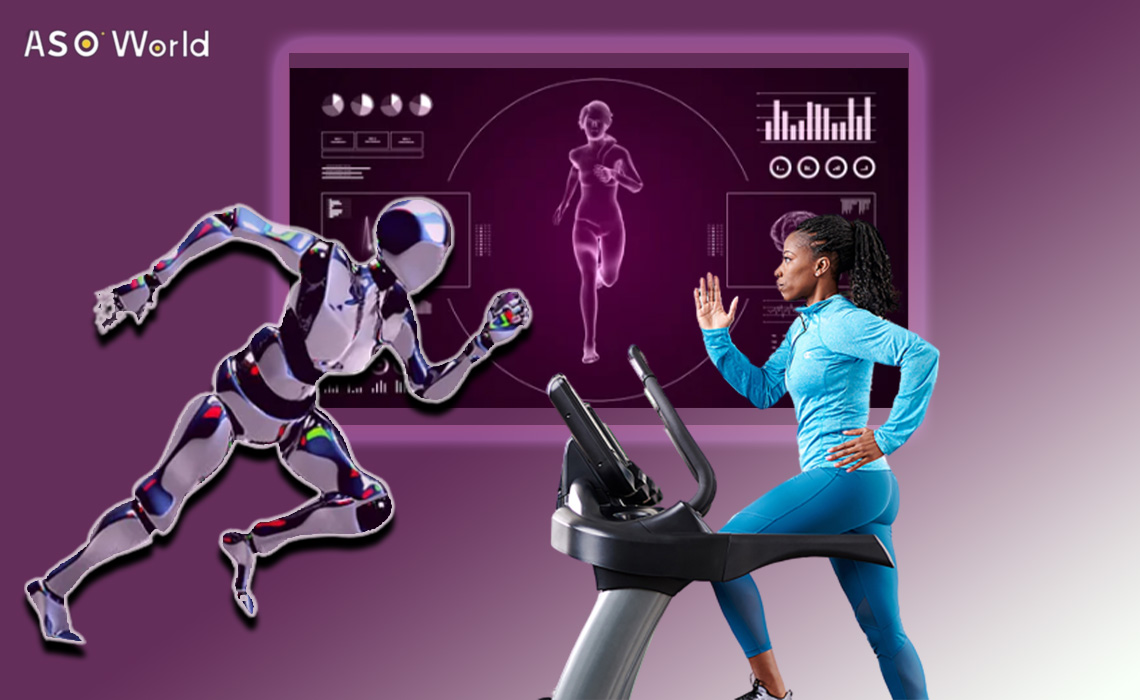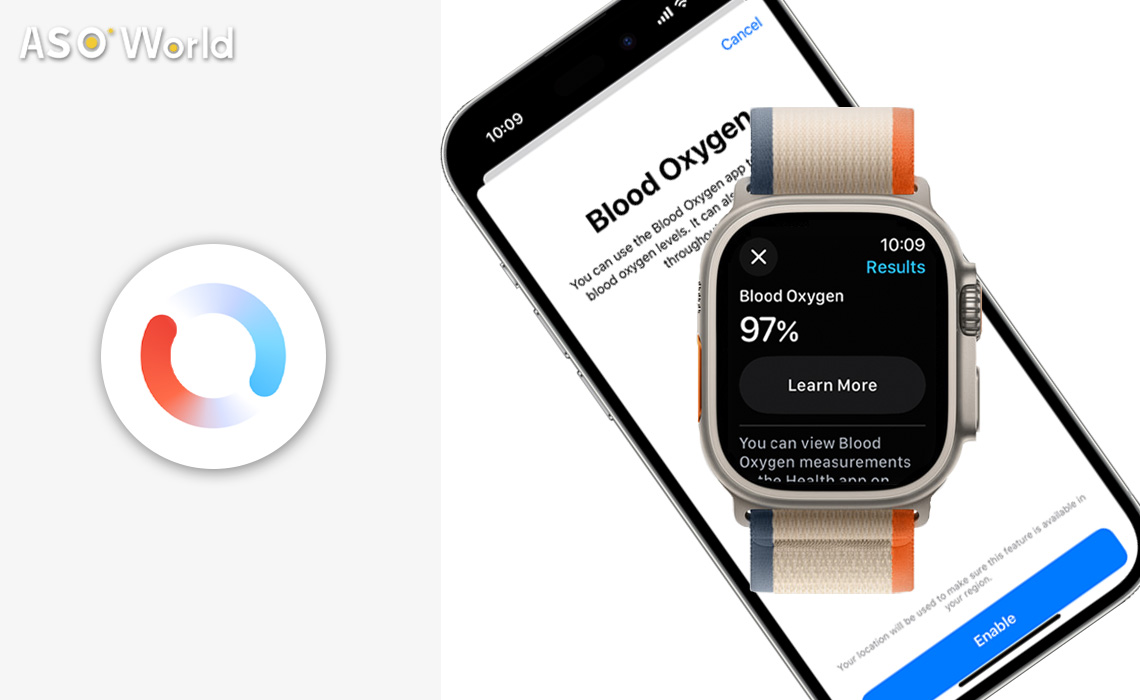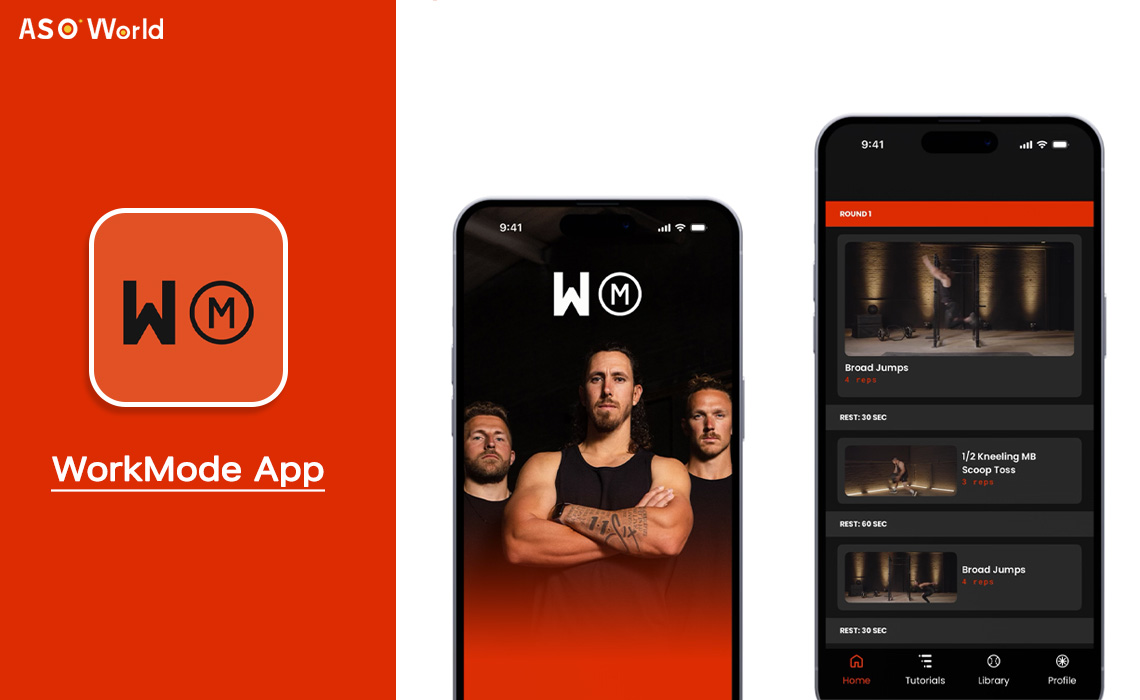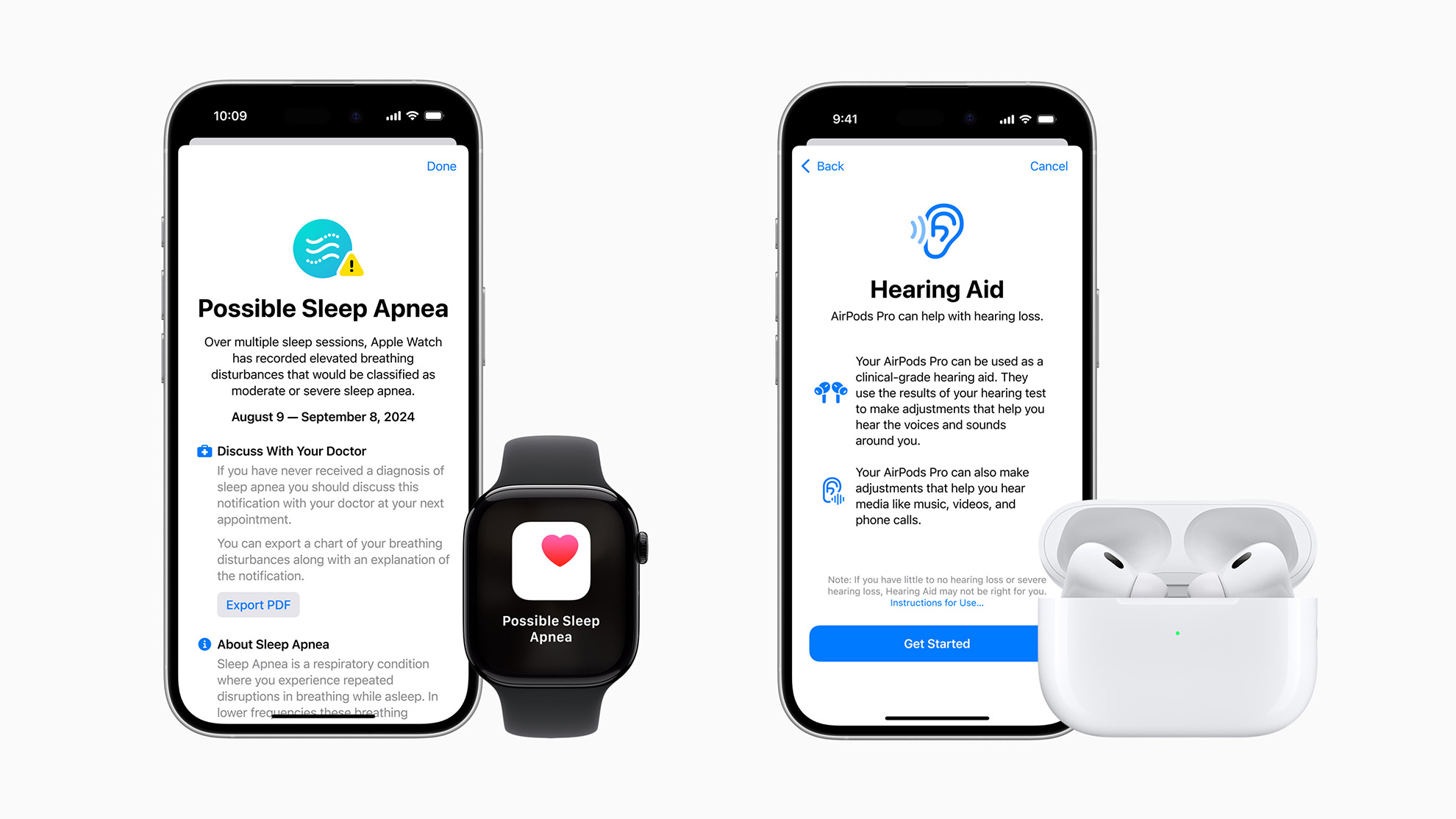In today's era, technology continues to transform various aspects of our lives, including the realm of fitness. With the emergence of AI-powered tools like ChatGPT, the concept of having a virtual personal trainer has gained traction. This article delves into the advantages and disadvantages of using ChatGPT as a substitute for a traditional personal trainer.
Pros of Using ChatGPT as Your Virtual Fitness Companion
Convenience at Your Fingertips
One of the prominent advantages of using ChatGPT as your virtual personal trainer is the unmatched convenience it offers. Traditional personal training often requires scheduling appointments and commuting to the gym. ChatGPT eliminates these barriers, allowing you to access guidance whenever and wherever you choose.
Cost-Effectiveness
Hiring a personal trainer can be expensive, making it an impractical option for many. In contrast, ChatGPT offers a cost-effective alternative. You pay for the service once, gaining ongoing access to fitness advice and support without recurring charges.
Personalized Approach
Modern AI technology empowers ChatGPT to provide tailored fitness recommendations. Through analyzing your input and preferences, ChatGPT can generate workout plans and dietary suggestions that align with your goals, creating a personalized fitness experience.
No Judgement Zone
Embarking on a fitness journey can be intimidating, especially when self-consciousness comes into play. ChatGPT eliminates this concern by providing a non-judgmental environment. You can freely discuss your insecurities and challenges without fear of critique.
Vast Knowledge Base
ChatGPT operates as a reservoir of information. It can offer insights on various fitness routines, dietary regimens, and exercise techniques. This breadth of knowledge ensures that you receive comprehensive guidance in diverse areas of fitness.
Cons of Relying on ChatGPT for Fitness Guidance
Lack of Physical Presence
While ChatGPT excels in providing virtual advice, it lacks the physical presence of a real personal trainer. A physical trainer can correct your posture, demonstrate exercises, and provide real-time feedback that an AI cannot replicate.
Limited Emotional Connection
Human personal trainers establish emotional connections with their clients, motivating and empathizing with them. ChatGPT, while capable of understanding text inputs, cannot replace the emotional support and encouragement that come from an interpersonal relationship.
Absence of Real-Time Adaptability
Personal trainers adjust your fitness plan based on real-time progress and feedback. ChatGPT's responses are based on predefined algorithms and your input, lacking the adaptability and spontaneity that human trainers bring to the table.
Potential Misinterpretation
ChatGPT's responses are generated based on patterns in its training data. It might misinterpret specific queries or provide generic advice that may not suit your individual circumstances. This can lead to misunderstandings and misguided fitness strategies.
Accountability and Motivation
Human trainers hold you accountable for your fitness journey, ensuring you stay committed and motivated. While ChatGPT can offer reminders, it might not provide the same level of accountability that comes from face-to-face interactions.
Balancing Innovation and Human Touch in Fitness
In the ever-evolving landscape of fitness technology, ChatGPT stands as a remarkable innovation that can offer convenience, personalization, and a wealth of information. However, it's essential to acknowledge its limitations in comparison to human personal trainers. Striking a balance between leveraging AI advancements and embracing the motivational and adaptable qualities of human trainers could pave the way for a holistic fitness journey that combines the best of both worlds.




